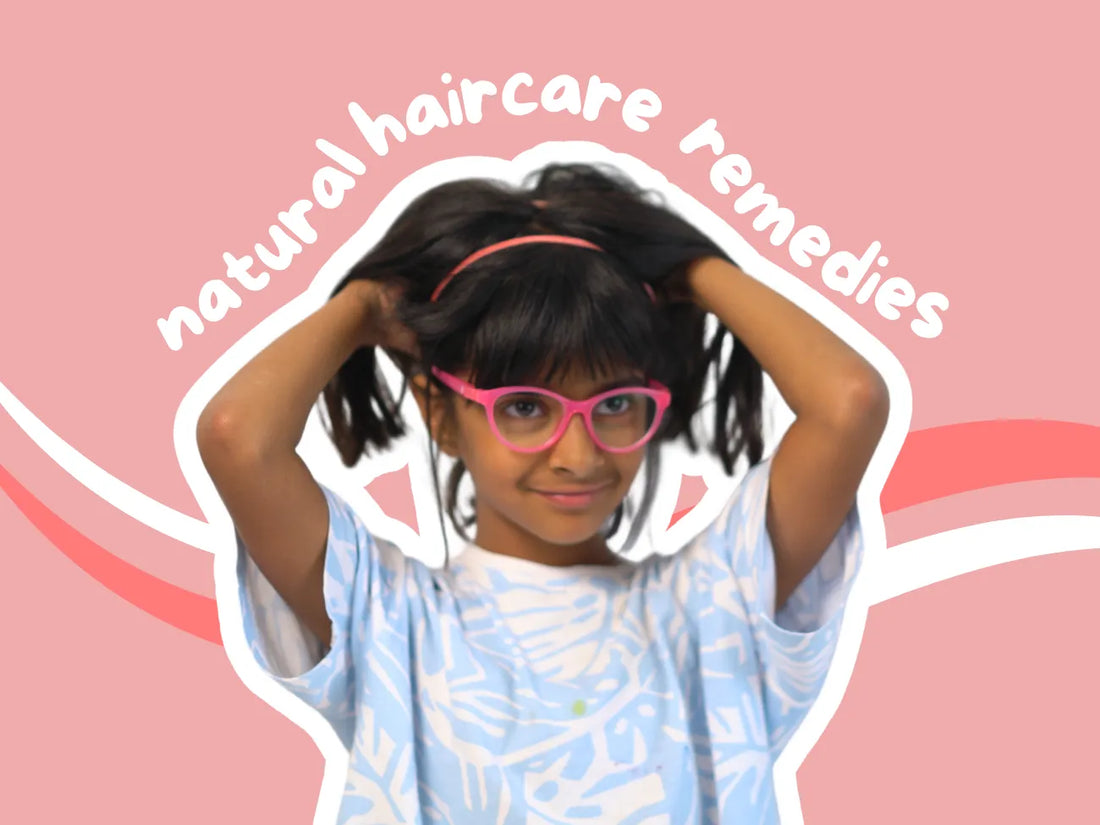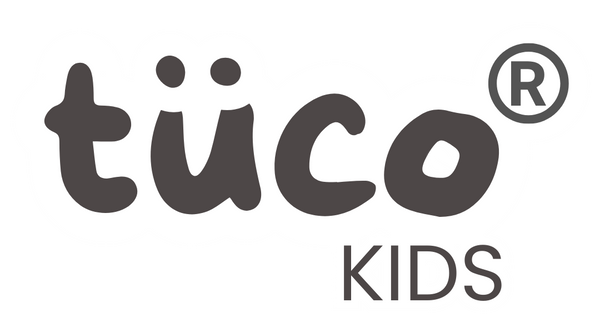
Natural Haircare Remedies for Kids: What Works and What Doesn’t
Parents often seek natural haircare remedies for their children to avoid harsh chemicals and synthetic ingredients. However, not all natural remedies are effective, and some may even cause more harm than good. In this blog, we'll explore what works and what doesn’t when it comes to natural haircare for kids.
The Benefits of Natural Haircare
Using natural haircare products and remedies can offer numerous benefits for kids, including:
Gentle on the scalp- Natural ingredients are typically less harsh and more suitable for a child’s sensitive scalp.
Reduced risk of allergies- Avoiding synthetic chemicals can decrease the likelihood of allergic reactions.
Environmental benefits- Natural products are often more eco-friendly, supporting sustainability.
What works
Coconut Oil
Coconut oil is a popular natural remedy for haircare due to its moisturising properties.
It reduces frizz, detangles hair, and promotes a healthy scalp.
Apply a small amount to the scalp and hair, leave it on for at least 30 minutes, then wash with a mild shampoo.
Aloe Vera
Aloe vera is known for its soothing and hydrating effects.
It helps moisturise the scalp, reduces dandruff, and promotes hair growth.
Extract the gel from an aloe vera leaf and apply it directly to the scalp. Leave it on for 20-30 minutes before rinsing.
Apple Cider Vinegar
Apple cider vinegar can help balance the scalp’s pH and remove buildup.
It helps reduce dandruff, adds shine, and detangles hair.
Dilute apple cider vinegar with water (1 part vinegar to 2 parts water) and use it as a final rinse after shampooing.
Honey
Honey is a natural humectant, which means it helps retain moisture.
It moisturizes the hair, reduces breakage, and adds shine.
Mix honey with water or a natural conditioner and apply it to the hair. Leave it on for 20 minutes before rinsing thoroughly.
Avocado
Avocado is rich in vitamins and healthy fats that nourish the hair.
It helps strengthen hair, reduces frizz, and promotes shine.
Mash a ripe avocado and apply it to damp hair. Leave it on for 20-30 minutes, then rinse and shampoo.
What Doesn't Work
Lemon Juice
Lemon juice is often touted for its clarifying properties, but it can be too harsh for kids. The acidity of lemon juice can cause dryness and irritation, especially on sensitive scalps.
Baking Soda
Baking soda is sometimes used as a natural cleanser, but it can disrupt the scalp’s natural balance. It has a high pH level that can strip the scalp of natural oils, leading to dryness and irritation.
Undiluted Essential Oils
Essential oils like tea tree or peppermint oil are powerful but should be used with caution. Undiluted essential oils can cause skin irritation and allergic reactions. Always dilute them with a carrier oil before applying.
Raw Eggs
Egg masks are popular in DIY haircare, but they carry risks. Raw eggs can be difficult to wash out and pose a risk of salmonella if not handled properly.
Tips for Using Natural Remedies Safely
Patch Test- Always perform a patch test on a small area of skin before using a new remedy to check for any allergic reactions.
Moderation- Use natural remedies in moderation to avoid overloading the hair and scalp.
Consult a Professional- If your child has specific hair or scalp issues, consult a paediatrician or dermatologist for advice.
Conclusion
Natural haircare remedies can be a great way to care for your child's hair without exposing them to harsh chemicals. Coconut oil, aloe vera, apple cider vinegar, honey, and avocado are effective and safe options for keeping kids' hair healthy and shiny. However, it's essential to avoid remedies like lemon juice, baking soda, undiluted essential oils, mayonnaise, and raw egg, which can cause more harm than good. Always prioritise your child's safety and comfort when trying new haircare methods.

